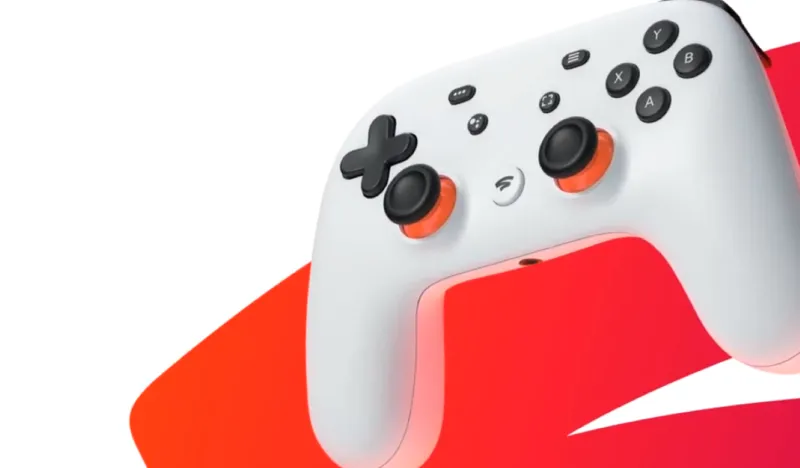
Earlier this year, Jade Raymond left her position at Google Stadia to create her own studio called Haven. Now, she’s adding to her roster of incredible talent, including more senior-level devs from Stadia’s team. General manager Sebastien Puel and Stadia’s head of creative services and publishing, Corey May, are among the latest developers to join her new venture.
Cyberia on Resetera broke the news, linking the professional profiles of both former Stadia employees showing the change in direction. Other names that have made the jump over to Haven under Raymond’s leadership include former staff UX researcher Jonathan Dankoff as Haven’s insights director, Erwann Le Rouzic, Francis Denoncourt, and Pierre-Marc Bérubé.
The latest departure news comes on the heels of John Justice’s departure from Google, Stadia’s VP and head of product. The departures of executive-level personnel aren’t that surprising given the mass layoffs that occurred back in February. Even more so after it was revealed that there wasn’t any honesty leading up to the abrupt closure of two studios under the Stadia umbrella, effectively killing off first-party game development.
With Google Stadia having only just recently added a search bar to its interface, the state of this cloud-based service has been lacking when compared to larger platforms. The idea behind it is incredible, but the execution was made in true Google style. While there are a million and one questions regarding what happened and what comes next, it’s clear that Google continues to tarnish its reputation even further with its long history of refusing to commit fully to projects and burning any chance at being taken seriously within the video game space.
The streaming service has, and had, a lot to offer. For those who had the bandwidth, the seamless transition into gameplay was stunning. Being able to play even the most technically powerful of games via a browser was a unique experience. That being said, the platform has been in an uphill battle since launching with questionable terms of service regarding game ownership. It was an ambitious project, but the paltry library and missing features weren’t enough to win gamers over. Now that the company has completely pulled away from any sort of first-party support, it isn’t easy to imagine a turnaround from this point forward.
What do you think about the tumultuous lifespan of Google Stadia? High hopes for Raymond’s Haven Studio? Sound off with your takes in the comment section below; we’d love to hear what you’d want to see next from this blossoming new company.


